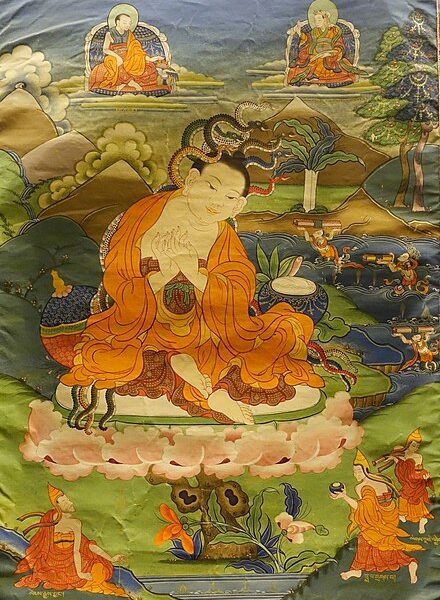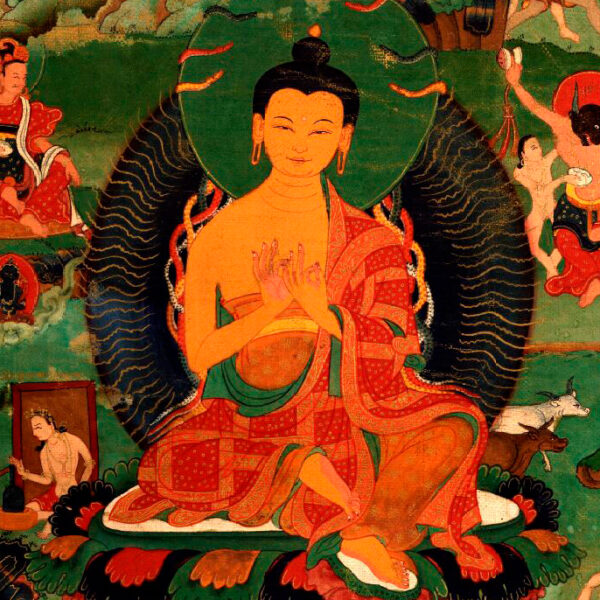Nagarjuna, a profound and influential figure in the history of Buddhism, emerged in India during the 2nd century CE. His life and teachings have left an indelible mark on the development of Mahayana Buddhism, especially within the Madhyamaka tradition. This introduction delves into the life of Nagarjuna, his esteemed teacher, his core teachings, notable students, and the circumstances surrounding his passing.
Birth and Early Life
Nagarjuna’s birth remains shrouded in mystery, with varying accounts regarding his place of birth and parentage. Some sources suggest he was born in Southern India, while others contend that he hailed from the Andhra region. Regardless of the uncertainty surrounding his birthplace, it is generally agreed that he was born around 150 CE. Nagarjuna’s early life is similarly obscured, but his intellectual prowess and inquisitive nature eventually led him on a spiritual journey that would profoundly impact the Buddhist tradition.
Teacher and Influences
Nagarjuna’s spiritual quest led him to the revered Buddhist scholar and monk, Sariputra, who became his primary teacher. Under Sariputra’s guidance, Nagarjuna not only honed his understanding of the Buddhist scriptures but also embarked on a journey of critical analysis and philosophical exploration. This pivotal phase of his life laid the foundation for his distinctive philosophical contributions.



